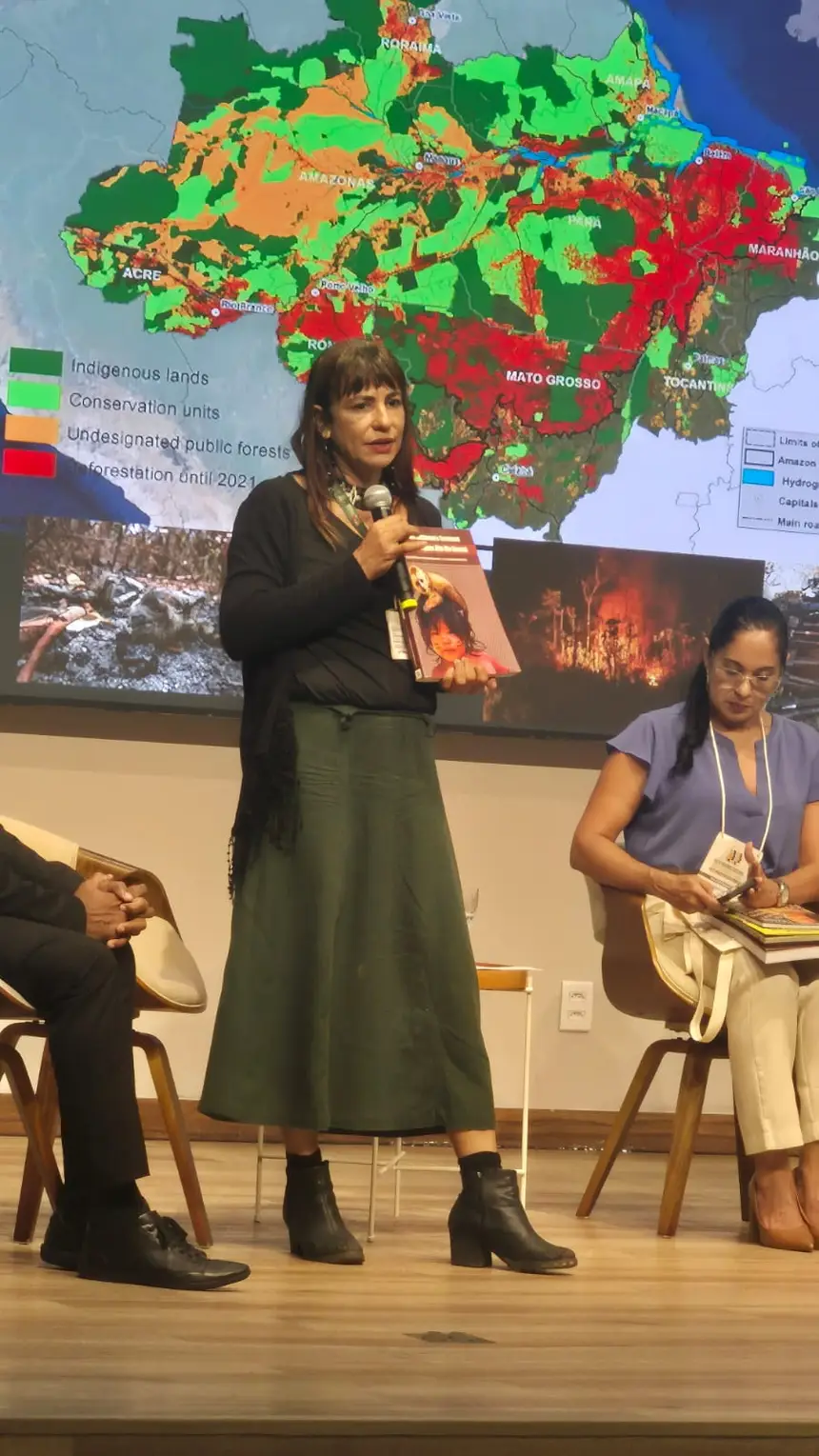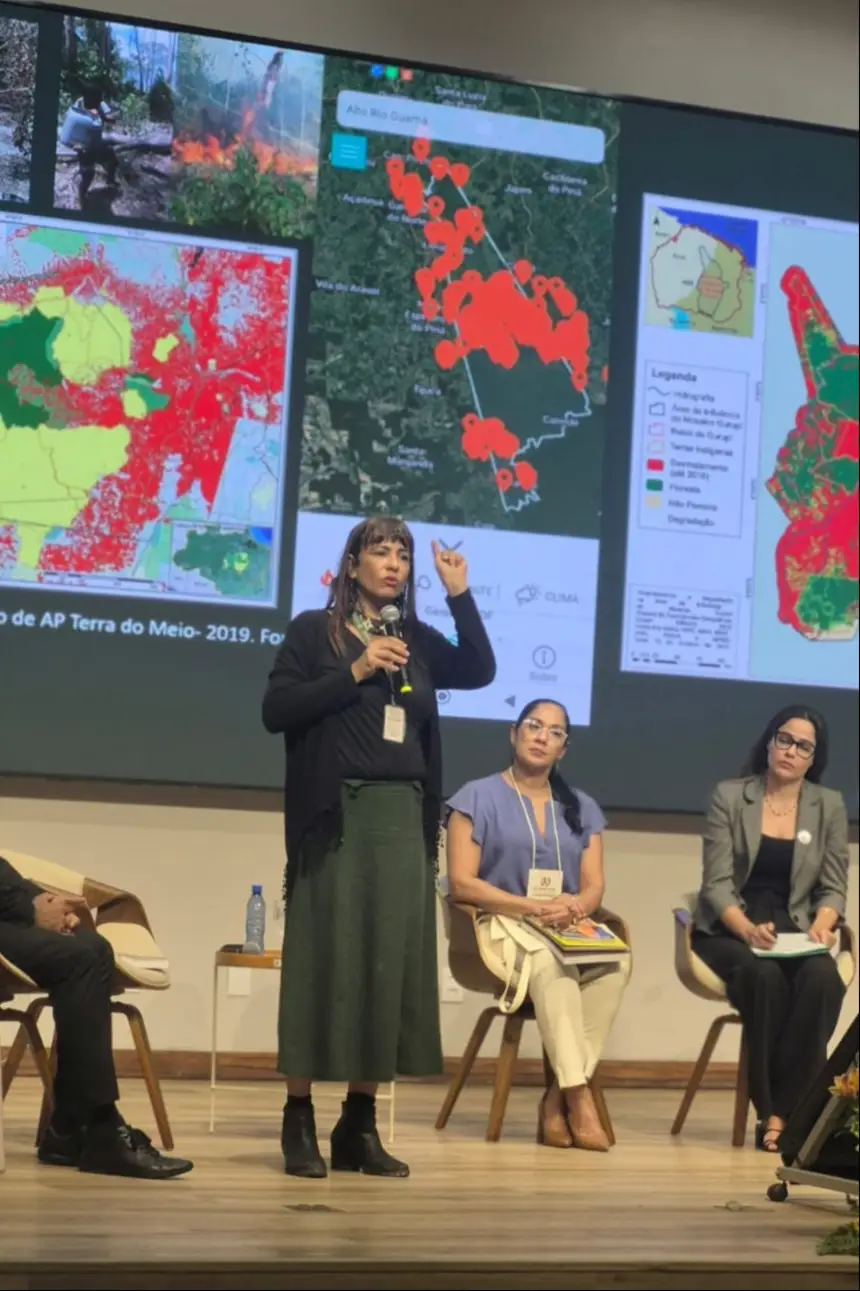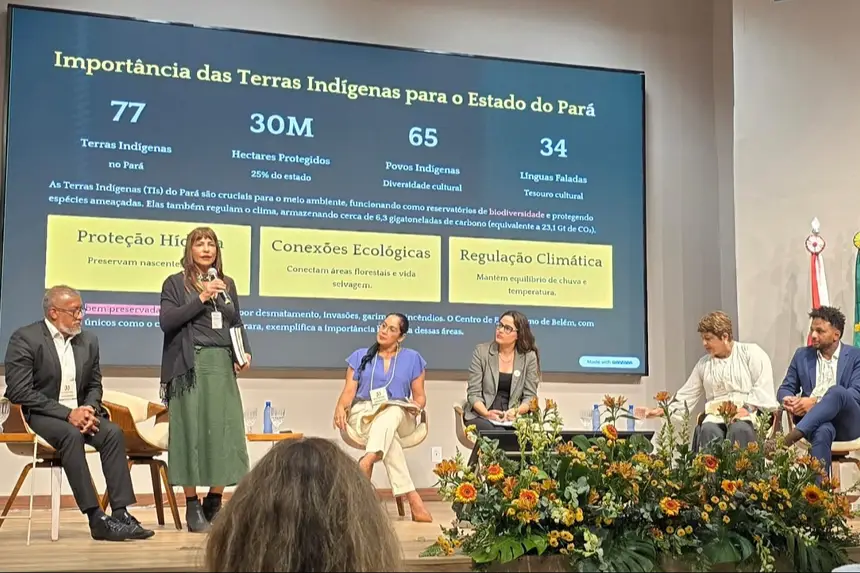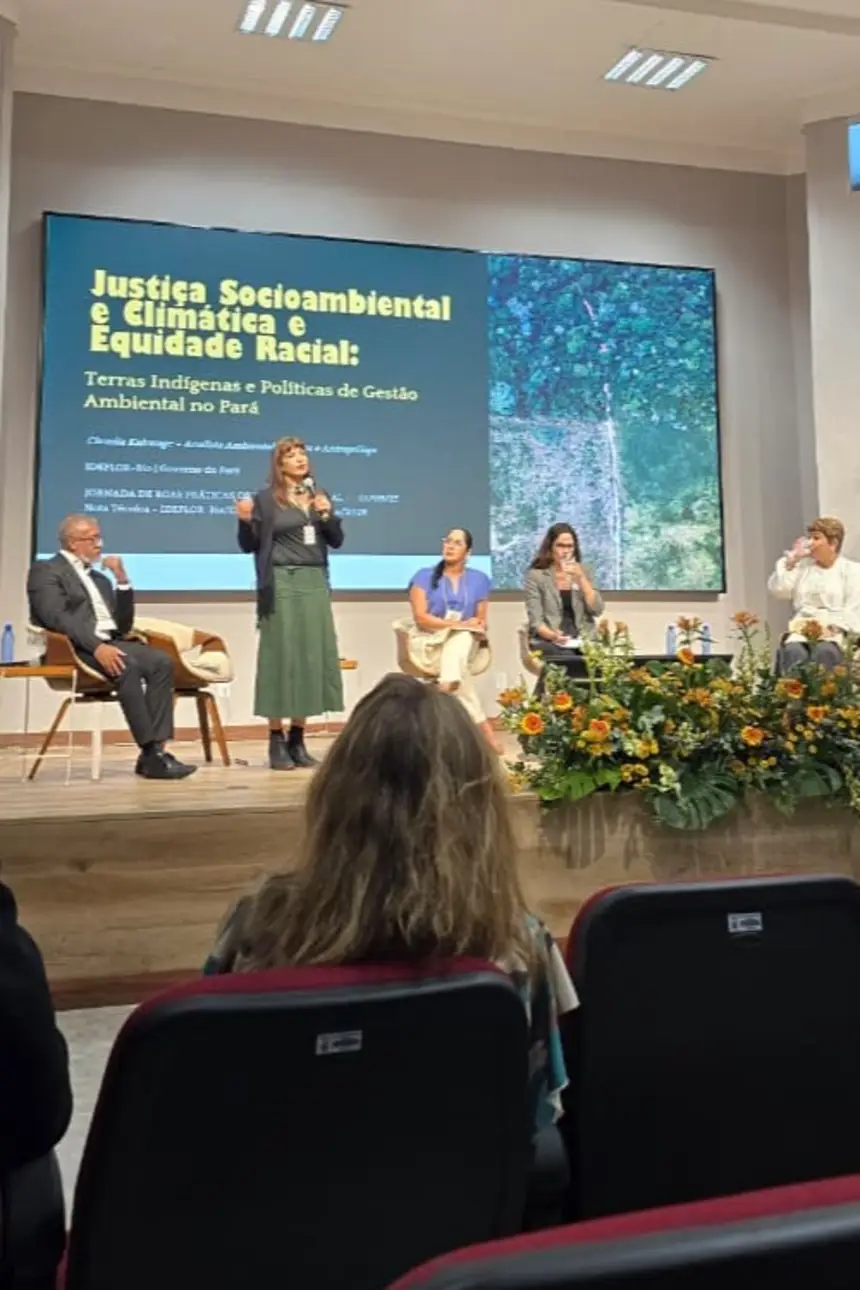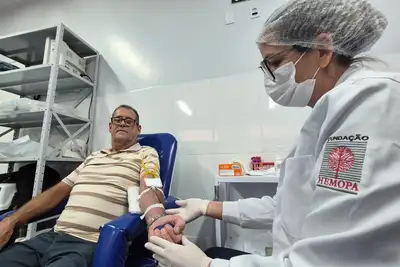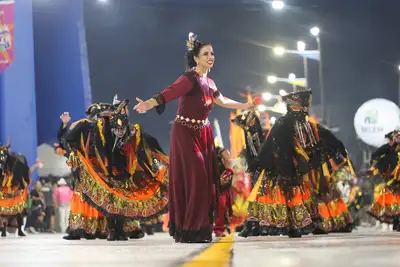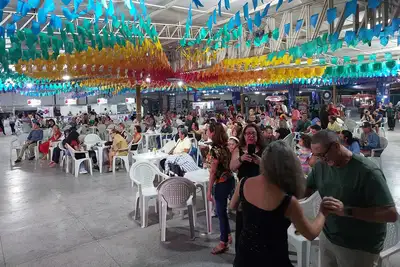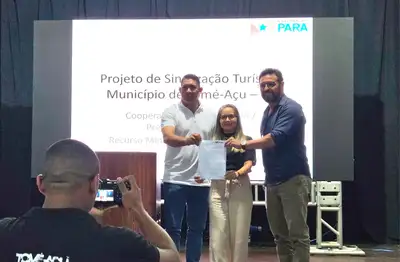Ideflor-Bio reinforces commitment to racial equity by presenting actions in defense of indigenous peoples at TCE-PA
On this occasion, the Institute highlighted its actions developed with indigenous peoples, emphasizing the importance of these groups for environmental conservation and the promotion of climate justice.
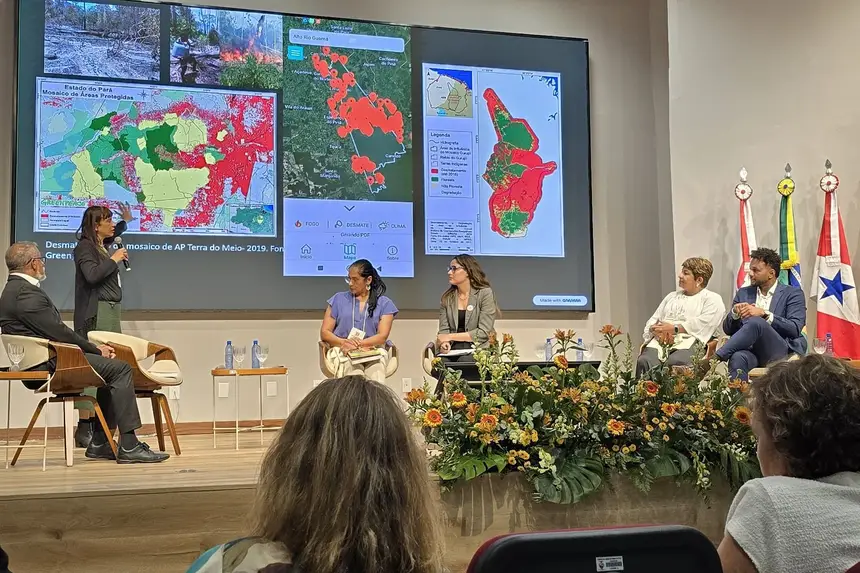
The Institute of Forest Development and Biodiversity of Pará (Ideflor-Bio) participated, on Wednesday (1st), in the Journey for Racial Equity, promoted by the State Court of Accounts (TCE-PA). The event is part of the agenda of the Pact for Racial Equity, signed by various governmental and non-governmental bodies, including Ideflor-Bio, which reaffirmed its adherence by presenting initiatives aimed at traditional peoples and communities in the state.
During the meeting, Ideflor-Bio highlighted its actions developed with indigenous peoples, emphasizing the importance of biodiversity conservation and the need to establish governmental mechanisms for climate justice for indigenous peoples.
On this occasion, the Institute was represented by environmental analyst Cláudia Kahwage, who also presented a new technical note addressing the role of state agencies in the environmental management of Indigenous Lands in Pará, emphasizing the strategic role of these territories in protecting biodiversity and addressing climate change.
The technical note - Action of State Agencies in the Environmental Management of Indigenous Lands in Pará - proposes the creation of a State System for Environmental Management of Indigenous Lands (Segati). The document, prepared by technical teams from the Biodiversity Management Directorate of Ideflor-Bio, details the relevance of indigenous territories, which total about 30 million hectares in the state, and presents recommendations to strengthen the coordination between the Union, State, and municipalities in the protection of these areas.
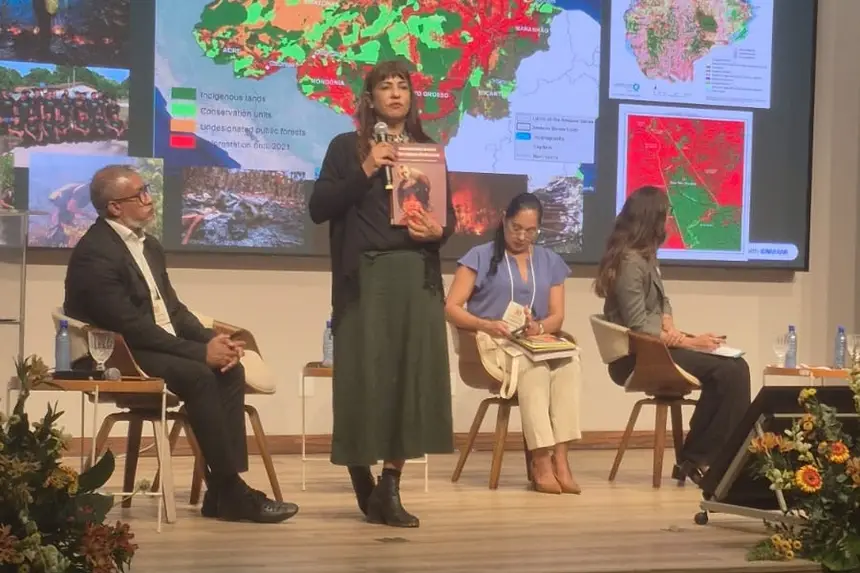
Engagement - By bringing the content to the Journey, Ideflor-Bio invited other public bodies to engage in a joint effort to defend traditional territories, emphasizing that the protection of Indigenous Lands is not only an environmental agenda but also an action of social, climate, and racial justice. According to Cláudia Kahwage, ensuring the integrity of these areas means guaranteeing water, biodiversity, and climate stability not only for indigenous communities but for all of society.
“The Institute's participation in the event also reinforced the centrality of the ethnic-racial agenda in its policies. In addition to its work in Indigenous Lands, Ideflor-Bio presented actions aimed at quilombola communities in Pará, focusing on the appreciation of sociobiodiversity and support for sustainable development. These initiatives directly relate to the commitments made by the State upon joining the pact, which seeks to integrate efforts to reduce historical inequalities,” she emphasized.
As a symbolic part of its contribution, Ideflor-Bio donated copies of its previously released publications on Indigenous Lands to the TCE library collection, consolidating the sharing of technical and scientific information. The gesture reaffirms the importance of knowledge as a tool for social transformation and strengthening racial equity, while also expanding access to materials that document the relationship between traditional peoples and the conservation of the Amazon.
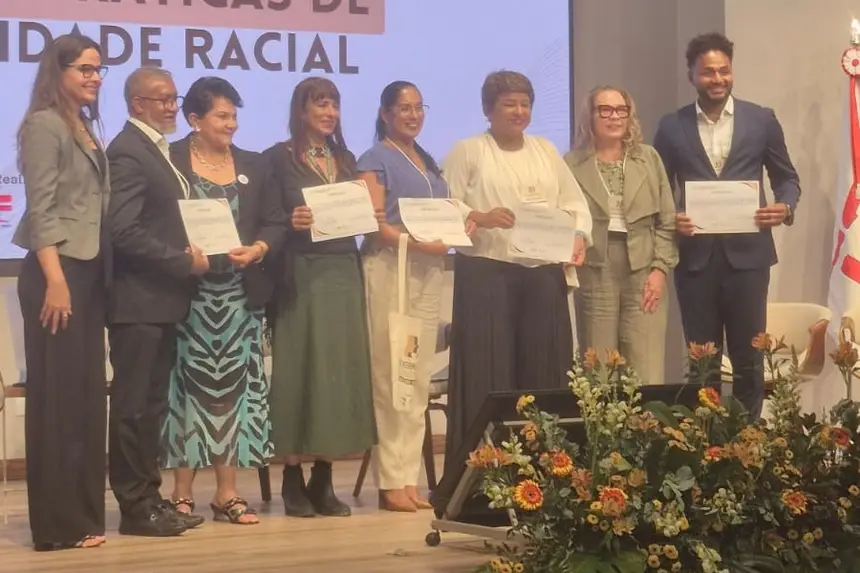
The president of Ideflor-Bio, Nilson Pinto, highlighted that the agency's adherence to the pact is a commitment from the Government of Pará to inclusive and sustainable policies. “Racial equity and climate justice go hand in hand. Recognizing the role of indigenous peoples in forest conservation is recognizing that there is no sustainable future without valuing those who have historically protected these territories,” he stated.
It is worth noting that Ideflor-Bio has reinforced its leadership in the environmental and social agenda of Pará, demonstrating that forest and biodiversity management must be conducted in an integrated manner, considering cultural, ethnic, and climate justice dimensions.



